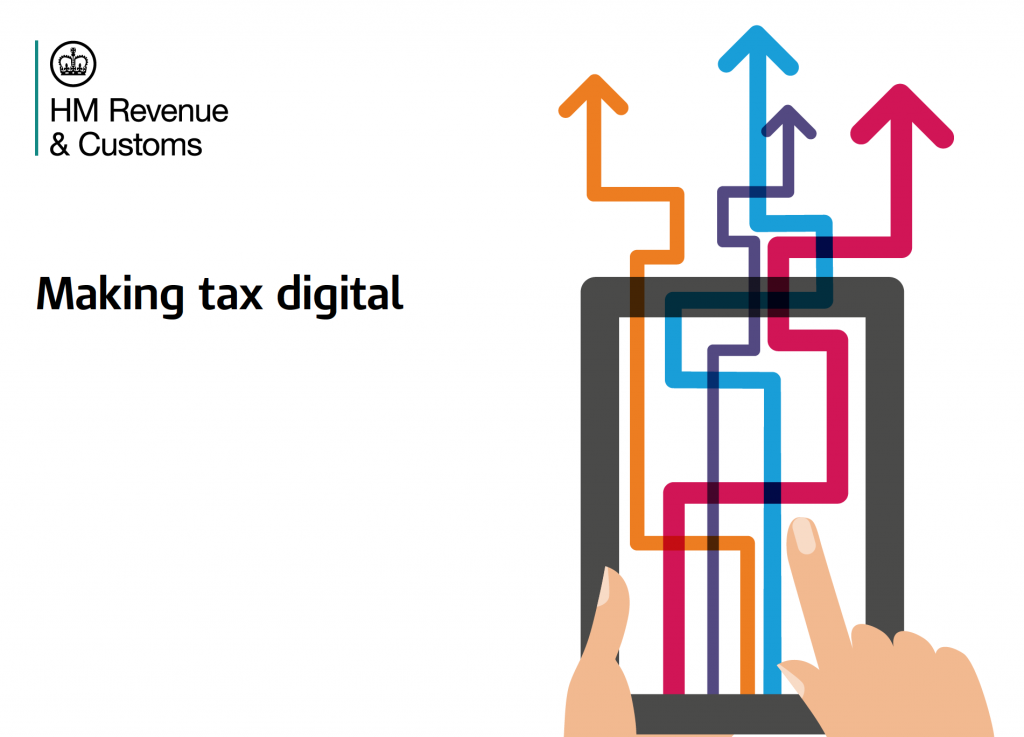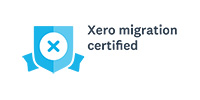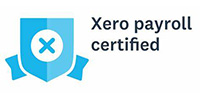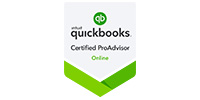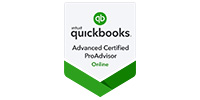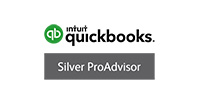HMRC is phasing in its landmark Making Tax Digital (MTD) regime, which will ultimately require taxpayers to move to a fully digital tax system. The government had planned to require businesses to keep digital records and update HMRC quarterly for income tax from 2018 but these proposals have been deferred. Instead Regulations have been issued which set out requirements for MTD for VAT.
Under the new rules, businesses with a turnover above the VAT threshold (currently £85,000) must keep digital records for VAT purposes and provide their VAT return information to HMRC using MTD ‘functional compatible software’.
The new rules have effect from 1 April 2019, where a taxpayer has a ‘prescribed accounting period’ which begins on that date, and otherwise from the first day of a taxpayer’s first prescribed accounting period beginning after 1 April 2019.
VAT Regulations and guidance
Although Regulations have now been issued, HMRC guidance on the application of parts of the Regulations has not been finalised. Draft guidance has been issued which means there may be changes to some of the detail contained in this letter and the appendix. Also the guidance does not provide full details on various aspects of the new system and so there are questions which currently remain unanswered.
HMRC is running a pilot scheme for MTD for VAT this year which hopefully will iron out some of the issues that will arise in the implementation of the digital system.
Income tax
As regards income tax, the government has said that keeping digital records and providing quarterly updates will not become mandatory before at least April 2020 – although it will be possible to start using the MTD for business regime voluntarily earlier than this.
Software
Under the new MTD rules, businesses will have to use ‘functional compatible software’. This means a ‘software program or set of compatible software programs which can connect to HMRC systems via an Application Programming Interface (API)’. This must be capable of:
- keeping records in digital form as specified by the new rules
- preserving digital records in digital form
- creating a VAT return from the digital records held in compatible software and submitting this data to HMRC digitally
- providing HMRC with VAT data on a voluntary basis
- receiving, via the API platform, information from HMRC to ascertain compliance. It is as yet unclear what this means, but it may relate to HMRC’s ability to send compliance prompts and nudges.
How are the records to be kept?
Keeping digital records will not mean businesses are mandated to use digital invoices and receipts but the actual recording of supplies made and received must be digital. It is likely that third party commercial software will be required. Software will not be available from HMRC. The use of spreadsheets will be allowed, but they will have to be combined with add-on software to meet HMRC’s requirements.
Example
A business may use one piece of accounting software to record sales and purchases, transferring the totals into a spreadsheet to calculate the VAT return. The information is then sent to a piece of bridging software to submit the VAT return to HMRC. Here three pieces of software are involved. To qualify as functional compatible software, the links between them will have to be digital.
Helping with the challenges
Whatever the size of your business, there is a time of great change ahead, and we are on hand to help with the challenges. Even though the income tax requirements of the Making Tax Digital for business programme have been delayed, the government is still fully committed to its implementation.
Although we are still waiting for more detail from HMRC and the software houses, there are issues that VAT registered businesses would do well to consider now. One key area is whether business transactions are currently recorded digitally. If they are not, consideration should be given to recording some/all transactions on a digital basis.
Further Information
Further information on MTD for VAT can be downloaded below.
We would be happy to help you with any issues arising from MTD for VAT. We would also be able to undertake bookkeeping services for you to enable you to comply with the requirements.

